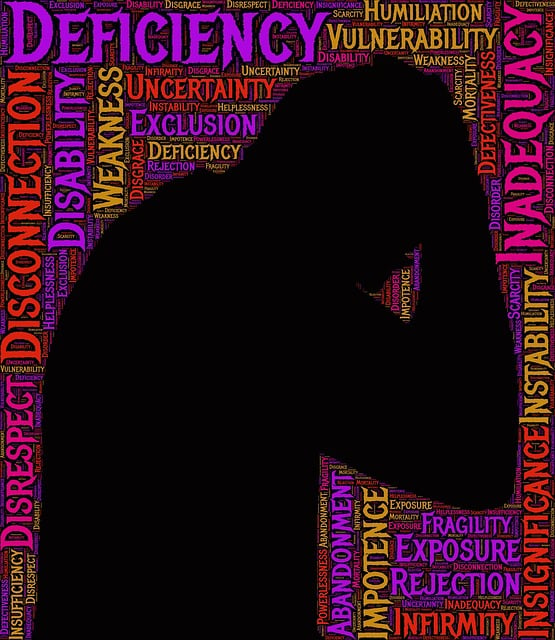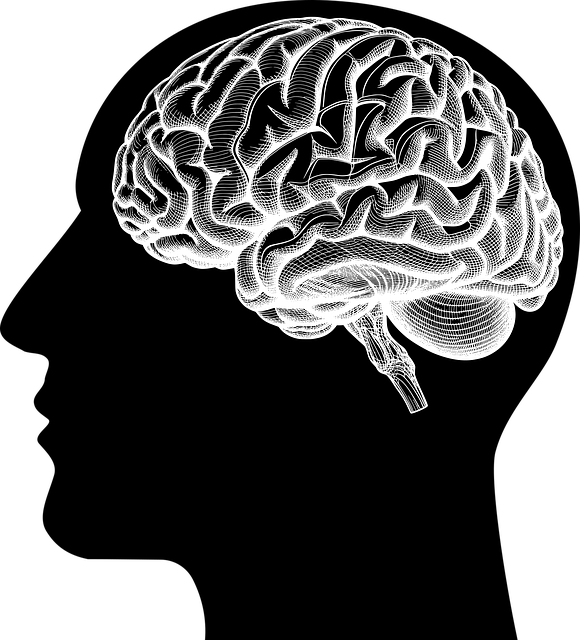Crisis Intervention Teams (CITs), comprising psychologists, social workers, and nurses, offer immediate support during mental health crises, including those involving Aurora Oppositional Defiance Disorder (AODD). They utilize evidence-based Communication Strategies and Social Skills Training to de-escalate situations, stabilize clients, and teach personalized coping mechanisms. AODD Therapy is a core component of CIT programs, focusing on improving communication and de-escalation skills for oppositional behaviors. Comprehensive training integrates emotional healing processes, role-play scenarios, and tailored exercises to enhance problem-solving and adaptability in handling AODD crises effectively, leading to improved therapy outcomes.
Crisis intervention team (CIT) training programs equip professionals with essential skills to navigate mental health crises. This article offers a comprehensive guide, exploring key components and best practices for effective CIT training. We delve into the unique contribution of Aurora Oppositional Defiance Disorder (AODD) therapy, highlighting its role in enhancing crisis management strategies. Understanding the challenges of implementation, we provide insights into preparing teams for real-world scenarios, ensuring they are equipped to handle diverse crises with compassion and efficacy.
- Understanding Crisis Intervention Teams: A Basic Overview
- The Role of Aurora Oppositional Defiance Disorder Therapy in CIT Programs
- Key Components of Effective Crisis Intervention Team Training
- Implementation and Challenges: Preparing for Real-World Scenarios
Understanding Crisis Intervention Teams: A Basic Overview

Crisis Intervention Teams (CITs) are specialized groups within healthcare settings designed to provide immediate and intensive support to individuals experiencing a mental health crisis. These teams typically include a range of professionals, such as psychologists, social workers, and nurses, who collaborate to offer comprehensive care. The primary goal of CITs is to de-escalate acute situations, stabilize individuals, and facilitate access to long-term treatment options.
In the context of Aurora Oppositional Defiance Disorder (ODD) Therapy, CITs play a crucial role in addressing complex behaviors and emotional dysregulation often associated with ODD. By employing evidence-based Communication Strategies and Social Skills Training, CIT members help individuals navigate their emotions and improve interactions with others. Additionally, these teams focus on promoting Mental Wellness by providing a safe space for expression and teaching coping mechanisms tailored to each person’s unique needs.
The Role of Aurora Oppositional Defiance Disorder Therapy in CIT Programs

Aurora Oppositional Defiance Disorder (AODD) Therapy plays a pivotal role in Crisis Intervention Team (CIT) programs, offering specialized techniques to address the unique challenges presented by individuals with AODD during mental health crises. This evidence-based approach focuses on enhancing communication skills and de-escalation strategies for CIT members, enabling them to effectively interact with clients who display oppositional and defiant behaviors. By integrating AODD Therapy into training, CIT programs ensure that mental health professionals gain the confidence needed to manage intense situations, boost their problem-solving abilities, and improve overall mood regulation in clients.
The integration of this therapy also facilitates comprehensive risk management planning, a crucial aspect for CIT members. It equips them with tools to predict and mitigate risks associated with AODD, fostering a safer environment during crisis intervention. This approach not only enhances the effectiveness of CIT teams but also promotes positive outcomes for individuals facing mental health crises, particularly those with oppositional defiance disorder.
Key Components of Effective Crisis Intervention Team Training

Effective crisis intervention team training programs are multifaceted, encompassing a range of crucial components to prepare professionals for handling mental health crises. One key element involves educating teams on various mental health conditions, including Aurora Oppositional Defiance Disorder (AODD). Understanding the unique traits and triggers associated with AODD enables interventions tailored to the individual’s needs, fostering better outcomes.
Additionally, training should focus on emotional healing processes, equipping team members with skills to provide trauma support services. This includes techniques for de-escalation, active listening, and building rapport. By integrating these strategies into their toolkit, crisis intervention teams can create safe spaces for individuals experiencing distress, promoting mental wellness and facilitating more productive interactions.
Implementation and Challenges: Preparing for Real-World Scenarios

Implementing crisis intervention team (CIT) training programs requires a strategic approach to prepare professionals for real-world scenarios, especially when dealing with individuals experiencing oppositional defiant disorder (ODD). These programs aim to equip teams with the necessary tools to navigate complex situations effectively. The process involves intensive training in mood management techniques, communication strategies, and confidence-boosting exercises tailored to ODD cases.
One of the primary challenges is simulating authentic crisis scenarios within a controlled environment. Trainers must create diverse role-play situations that mirror real-life interactions, allowing participants to practice their skills. By doing so, CIT team members can enhance their problem-solving abilities and learn to adapt their approaches based on individual needs. This practical preparation ensures that when faced with an actual crisis, they are better equipped to handle ODD presentations, ultimately improving outcomes in therapy sessions involving Aurora Oppositional Defiance Disorder.
Crisis intervention team (CIT) training programs play a pivotal role in equipping professionals with the skills to handle crises effectively. By integrating specialized therapies like Aurora Oppositional Defiance Disorder (AODD) therapy, these programs enhance the team’s ability to navigate complex situations. Key components such as comprehensive curriculum, practical scenarios, and ongoing support ensure the success of CIT training. Despite challenges in implementation, including preparing for real-world scenarios, the benefits are clear: improved crisis management and better outcomes for individuals in need.














